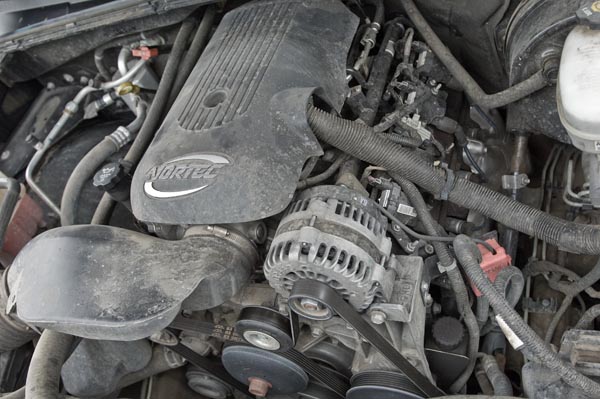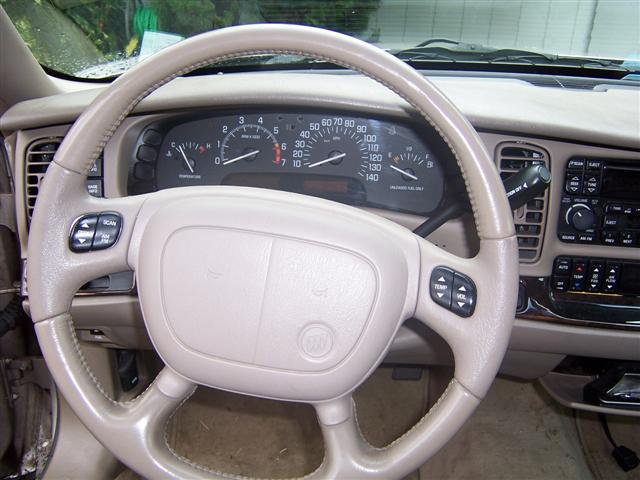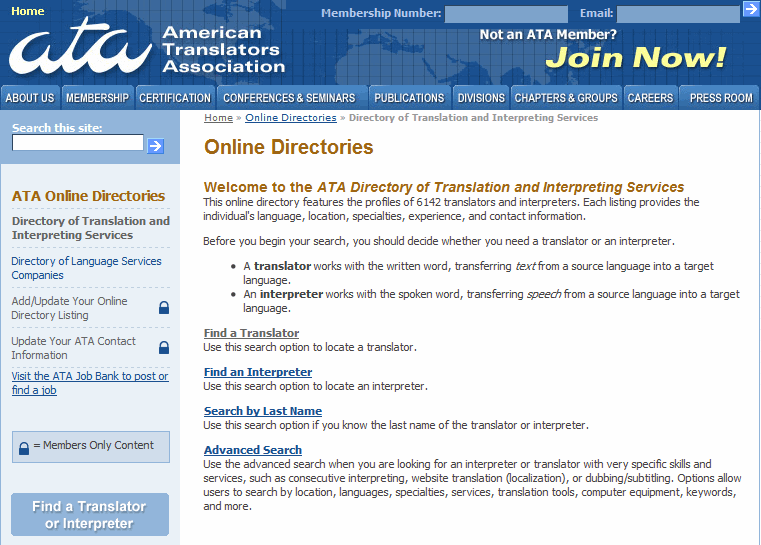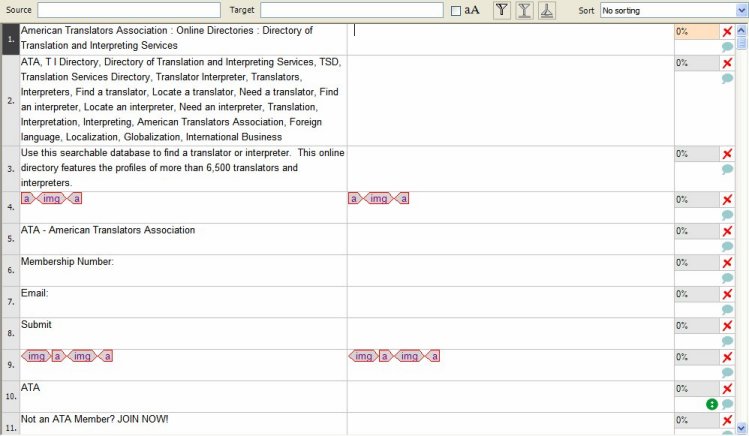|
Front Page
|
| |
|
|
From Mechanics to Managersby Jost Zetzsche | |
|
Wow, I thought: What a perfect illustration of what translation environment tools do!
Let me explain. Let's start with the car mechanic. An image like this of a car engine gives me the shivers:
I don't even know what these parts are, let alone what they do. I know that in their entirety they should make the car run, and if they don't I run to Dave, our mechanic. And, yes, it makes me frustrated at times to contribute continuously to Dave's nice house, but I am thankful to know that I can trust him with our car. Once he is done, though, I do know how to use this:
Let's transpose this analogy to the work of a translator. One of the reasons why I favor the term TEnT (translation environment tool) for the family of tools that are often also called translation memory tools is because they provide so much more than just access to a translation memory. As powerful as that feature may be in its own right, it is just as important to be able to use a terminology database, have advanced quality assurance tools at your fingertips, and access project management or quoting features. All of these are typically provided by TEnTs. The potent feature that we tend to overlook, though, is that TEnTs allow us to deal with a large amount of file formats without being programmers or independently wealthy. TEnTs do this in two ways. First, they make it possible to translate desktop publishing formats such as InDesign, Quark, and FrameMaker without having to purchase (and learn how to use) these expensive programs. But just as importantly, they make us managers of language rather than mechanics of code. Take the example of the ATA's homepage:
Now, chances are that you will never be asked to translate this page. But for the sake of our example, let's just pretend you will be. This is what you would receive to translate: Make sense? I could probably simply rest my case and close this column, but bear with me for two more minutes. Some of us may be able to quickly navigate this mixture of code and translatables, translating what needs to be translated and leaving untouched anything that might cause a corruption of the file and a subsequent loss of the client. But the truth is that most of us are not—not able, not trained, and not willing. In fact, I would go so far as to say that even those who have fun doodling with the code would be more productive in the environment that a TEnT—in this case MemoQ—would display the text in:
Here you have the translatables on one side, completely separated from ugly code (and separating the code from ugly you!), while your little cursor is already blinking in the first field on the target side, ready for your translation. Being "managers" might not sound attractive to some of us. Terms like artisans, writers, communicators, or bridge-builders might sound more insightful and creative. However, the point is that once you are managing your translation environment well, you will have plenty of time to pursue any of those more attractive and innovative monikers. |
|
|
|



